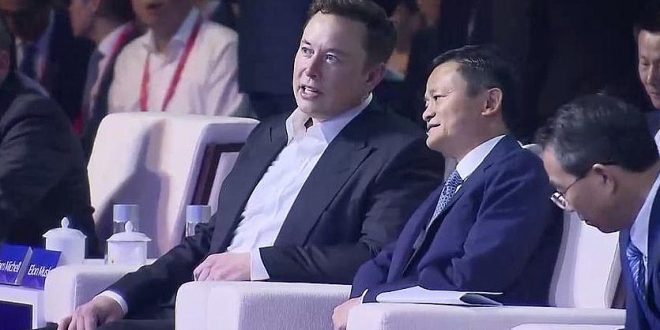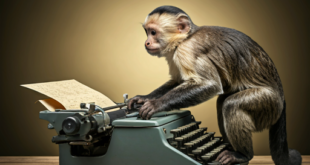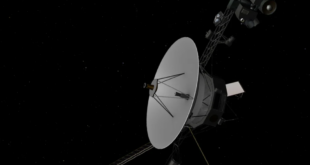By David Zhang
The WAIC(World Artifical Intelligence conference) in Shanghai, started at the end of August, gathering over 300 exhibitors from tech companies large and small. There were also many talks, the most anticipated one being the discussion between Jack Ma and Elon Musk, two giants in the technology industry who have very distinctive and clear views on the future of AI, and the technology sector in general. The dialogue between Jack Ma and Elon Musk featured the impact of AI on human life, employment, life, consciousness, and environment and inspired people’s imagination on the future AI world, marking the climax of the opening ceremony.
These two giants had extremely differing views on how AI would be used in the future. Jack Ma saw the glass half full, saying that AI would be able to reduce the working hours to “3 days a week, 4 hours a day.” He believed that AI could improve the lives of and support humans, but they will never be able to completely replace the human due to its lack of a heart, wisdom, and cleverness. However, Elon Musk viewed this issue completely differently, looking further into the future. Musk laid out the progression of AI, saying that once AI are capable enough, they will be able to most of the jobs humans do, with the only job left to humans being improving on the existing AI and writing new AI. But AI will eventually be able to improve on themselves and continue developing at a rapid speed once that happens. He claims that humans might as well have been a biological bootstrapper for a new intelligent species of machines. This is a rather cynical view of future AI development, but it is quite possible.
Despite their clashes, they ended up agreeing with each other on one topic: population collapse. Population collapse is the slow decrease in population growth, due to lowering fertility rates and other environmental factors. Musk challenged the view that we are facing issues due to rapid population growth, and instead the major issue for humans in the future will be the decrease of the human population. Especially in China, with the slowing population growth and the one-child policy in the late 2000s, there are not enough young workers to be able to support the older population. Although this issue is most urgent in China, it is affecting most developed countries, which all have low fertility rates. Ma believes that the usage of AI to improve health and longevity can be the solution to this problem.
Both Musk and Ma expressed informed and interesting opinions on a future with AI, which leaves many thinking: who will be right?
 Tempus Magazine By Students, For Students
Tempus Magazine By Students, For Students 



